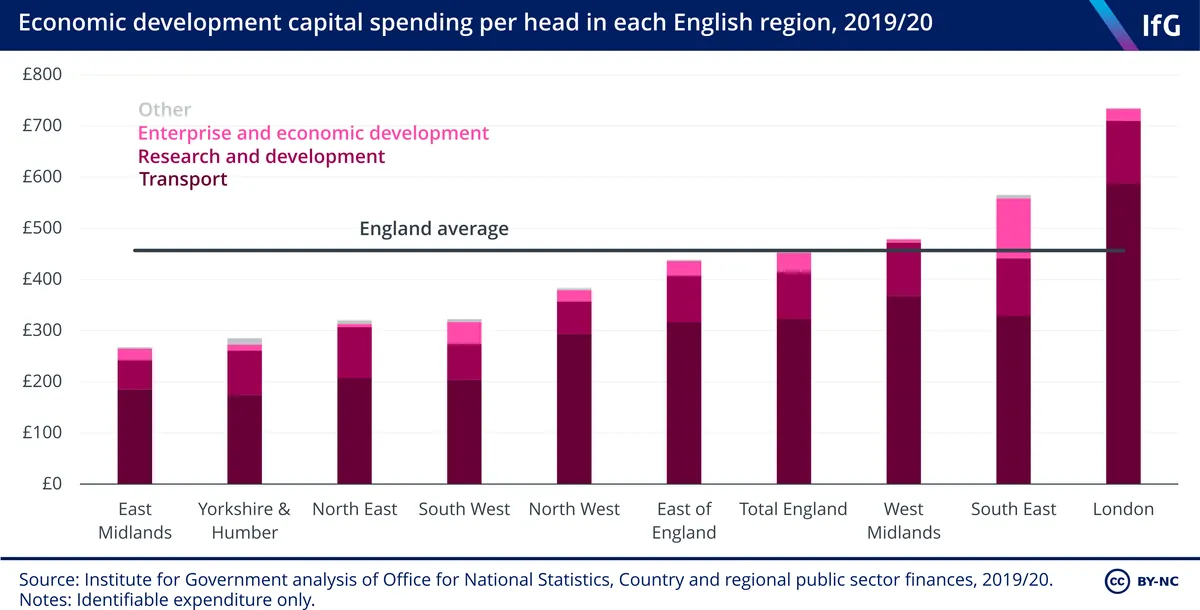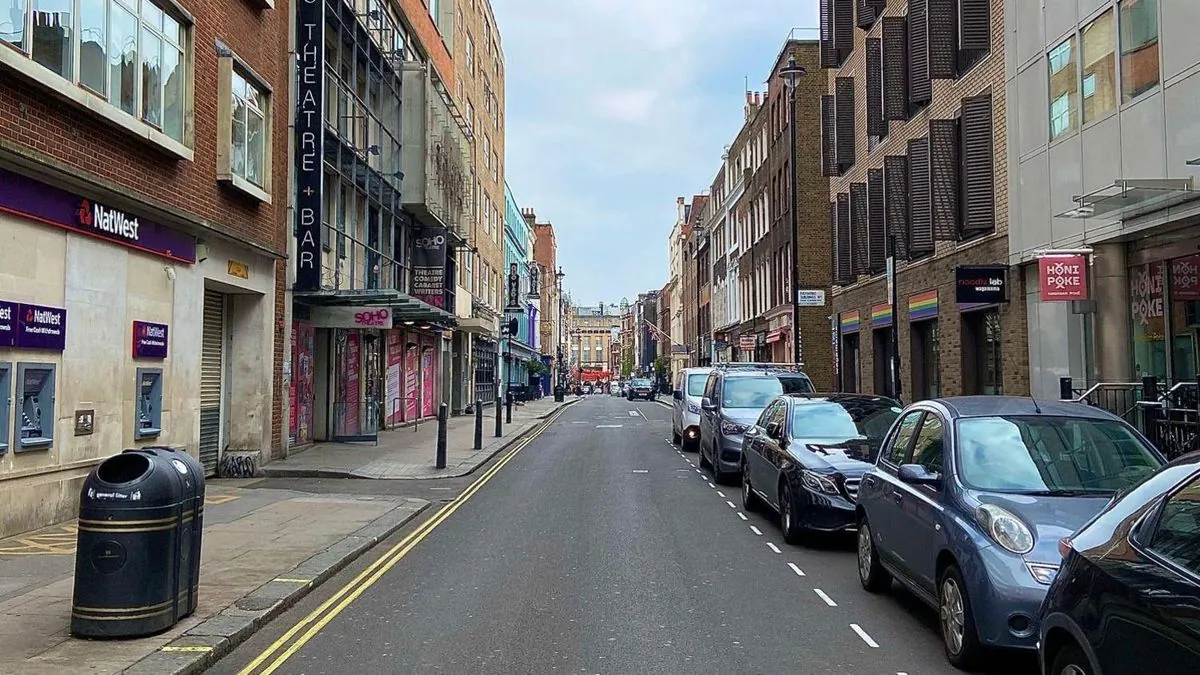UK Covid Business Grants: Overspending and Mixed Outcomes Revealed
A government report suggests most businesses receiving Covid-era grants would have survived without support. The £23bn program may have preserved jobs but raised questions about efficient public spending.

A recent report from the UK Department for Business and Trade has shed light on the effectiveness of Covid-era business grants, revealing that a significant portion of recipients may not have required the financial support to survive. The study, conducted by Ipsos, Steer, and economist George Barrett, examined the impact of £23 billion in grants distributed to 1.4 million businesses during the pandemic.
The report suggests that only about 25% of businesses that received grants were at risk of failure without the support. This finding raises questions about the efficiency of public spending during the crisis, especially considering the UK's current debt-to-GDP ratio of 100%, a direct result of extensive pandemic-related expenditures.
"A relatively high share of the businesses supported would have been likely to survive without cashflow support – implying that the outcomes associated with the programme could potentially have been achieved with lower levels of public spending."
Despite potential overspending, the grants appear to have had some positive effects. The Local Authority Covid-19 Business grant schemes may have safeguarded approximately 300,000 direct jobs and helped maintain broader economic confidence. The Restart grant, offering one-off payments up to £18,000, potentially prevented unemployment for up to 430,000 individuals between 2020 and 2022.

However, the report also highlights that the benefits of financial support began to diminish in 2022, as it may have kept some workers in inefficient job positions. This aligns with the concept of "scarring effects" in economic crises, where short-term interventions can have long-lasting impacts on labor market dynamics.
The government's decision to prioritize speed over need in distributing grants meant that a wide range of businesses benefited, regardless of their financial reserves. While this approach helped maintain economic stability, it also resulted in significant funds being allocated to businesses that could have weathered the storm independently.
The findings come amidst growing scrutiny of pandemic-era spending. The National Audit Office has previously criticized the Bounce Back Loan scheme for delayed implementation of anti-fraud measures, estimating £7.3 billion in fraud related to Covid support schemes as of early 2024.
Beyond the immediate economic impact, the UK continues to grapple with the pandemic's broader consequences. Nearly 2.8 million people are currently economically inactive, many due to mental health issues such as anxiety and depression. The education sector has also been affected, with students falling behind in their studies.
As the UK navigates its post-pandemic economic landscape, the government faces the challenge of managing a substantial debt burden while addressing ongoing issues such as increased benefit claims and the need for targeted economic support. The report's conclusions underscore the complexity of crisis response and the importance of balancing immediate relief with long-term fiscal responsibility.


































